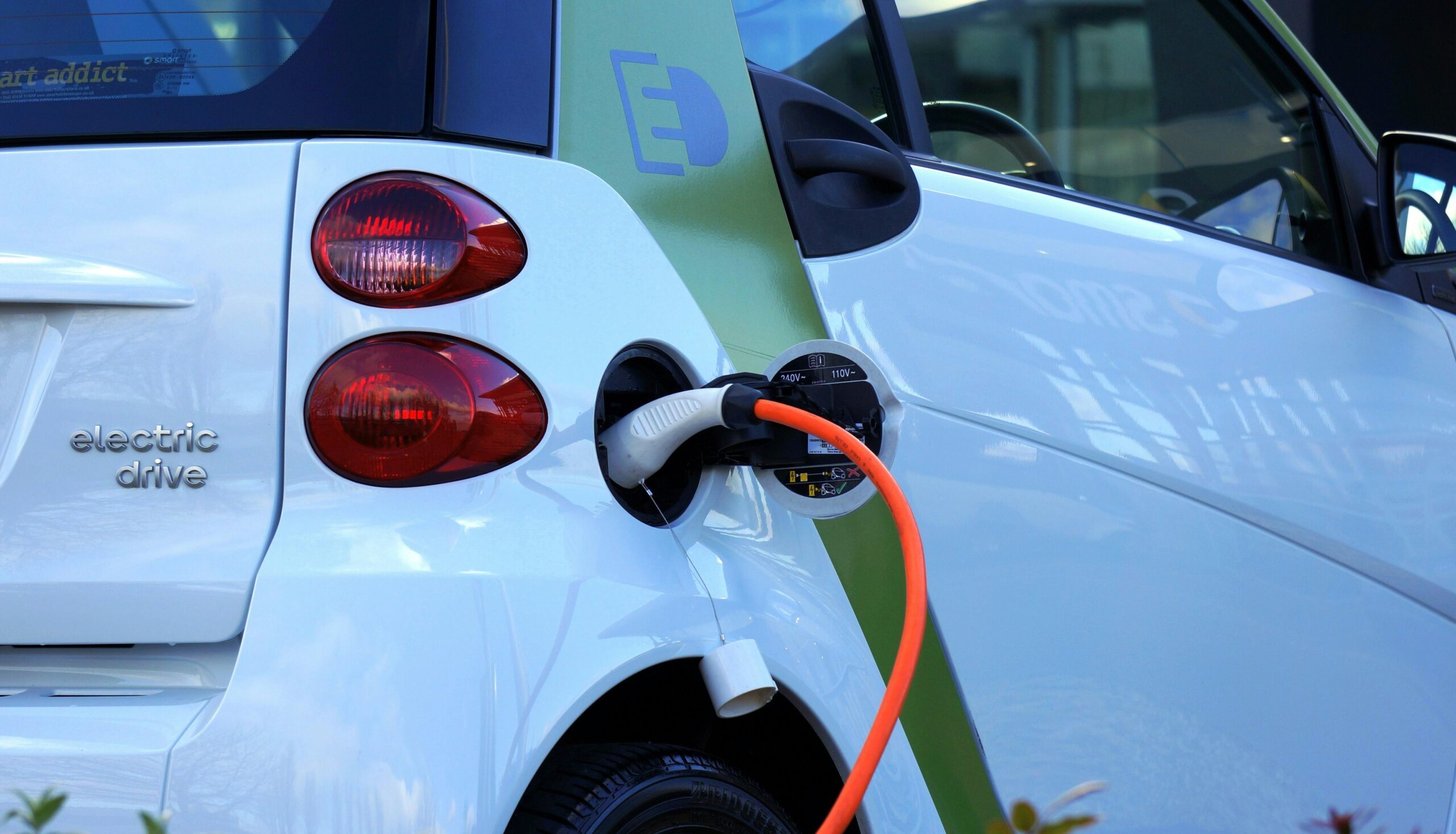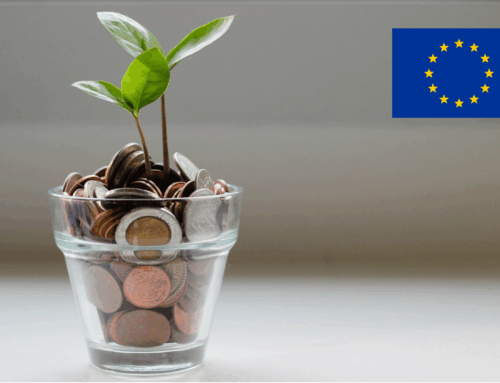The EU is imposing countervailing duties on Chinese e-cars to combat distortions of competition. German companies are warning of a possible Chinese backlash that could have a negative impact on trade.
The European Commission has concluded its anti-subsidy investigation into imports of battery-powered electric vehicles from China and is imposing definitive countervailing duties. They will apply from 30 October 2024 for a period of five years.
A possible tariff rate of up to 35.3 per cent will make Chinese e-cars more expensive and offset subsidies for Chinese manufacturers on the European market. The German economy in particular is concerned about the tense situation. China is a key sales market for the German automotive industry. However, counter-reactions have already been signalled: China could impose additional tariffs on European products such as spirits, pork and dairy products. Negotiations with China, for example on minimum prices or import quotas, are continuing. An escalation of the conflict through counter-tariffs would be detrimental to both sides.
Countervailing duties imposed for five years
As from the entry into force of the measures, sampled Chinese exporting producers will be subject to the following countervailing duties:
- BYD: 17.0%
- Geely: 18.8%
- SAIC: 35.3%
Other cooperating companies will be subject to a duty of 20.7%. Following a substantiated request for an individual examination, Tesla will be assigned a duty of 7.8%. All other non-cooperating companies will have a duty of 35.3%.
Definitive duties will be collected as of entry into force. The provisional duties imposed on imports of BEVs from China on 4 July 2024 will not be collected.
Valdis Dombrovskis, Executive Vice-President and Commissioner for Trade said:
“The EU remains the global champion for open, fair and rules-based trade. We welcome competition, including in the electric vehicle sector, but it must be underpinned by fairness and a level playing field. By adopting these proportionate and targeted measures after a rigorous investigation, we’re standing up for fair market practices and for the European industrial base. In parallel, we remain open to a possible alternative solution that would be effective in addressing the problems identified and WTO-compatible.”
Ensuring the effectiveness and fairness of measures
Going forward, the Commission will monitor the effectiveness of the measures in force, including to ensure that they are not circumvented.
Any exporting producer who cooperated and is subject to the sample average duty, or who is a new exporter, is entitled to request an accelerated review to establish an individual duty rate.
The measures will expire at the end of the 5-year period unless an expiry review is initiated before that date.
Importers may request a refund if they believe their exporting producer is not subsidised or if their subsidy margin is less than the duties paid by the importers. Such a request should be duly substantiated and supported by the respective evidence.
Source: EU press release from 30/10/2024






